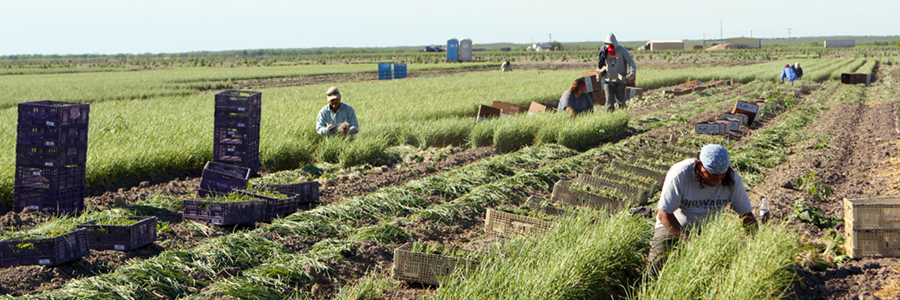The Supreme Court is considering accepting review of the case of Vanegas v. Signet Builders Inc, where a construction company argued that they should be exempt from paying overtime wages to their H-2A workers who were building a farm.
The construction company claimed that they fell under the agricultural exemption of the Fair Labor Standards Act (FLSA), which exempts certain workers who are engaged in agricultural work from receiving overtime pay. The lower court ruled against the construction company, but they have appealed to the Supreme Court.
The construction company argues that because they were building a farm, they should be considered as engaged in agricultural work and thus be exempt from the overtime pay requirement. The company also argues that this interpretation is consistent with the intent of Congress when they created the FLSA.
However, the workers and their advocates argue that the construction of a farm does not fall under the agricultural exemption and that the construction company should be required to pay overtime wages. They argue that the FLSA clearly distinguishes between agricultural work and construction work, and that the construction company falls under the latter.
Advocates for the workers are urging the Supreme Court to uphold the lower court’s ruling and clarify that the agricultural exemption only applies to workers who are directly involved in the production of agricultural products, such as farming or ranching, and not to those who are engaged in construction or other activities related to agriculture. The outcome of this decision will greatly reshape the landscape of the program for Farm Labor Contractors – who may be forced to seek alternative methods of obtaining temporary labor.



Leave A Comment